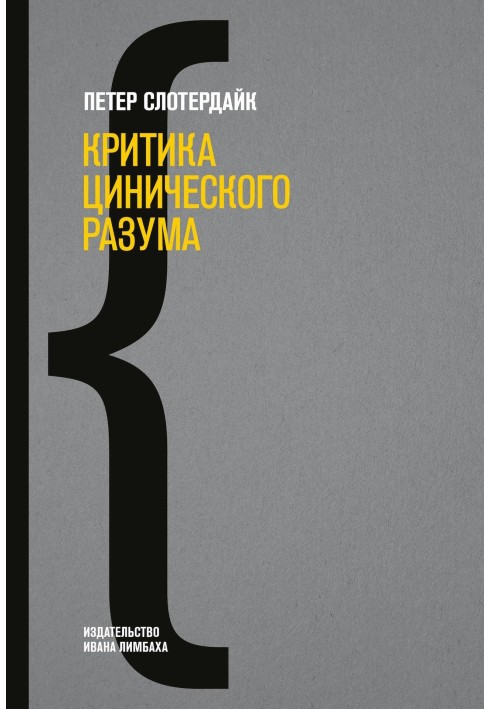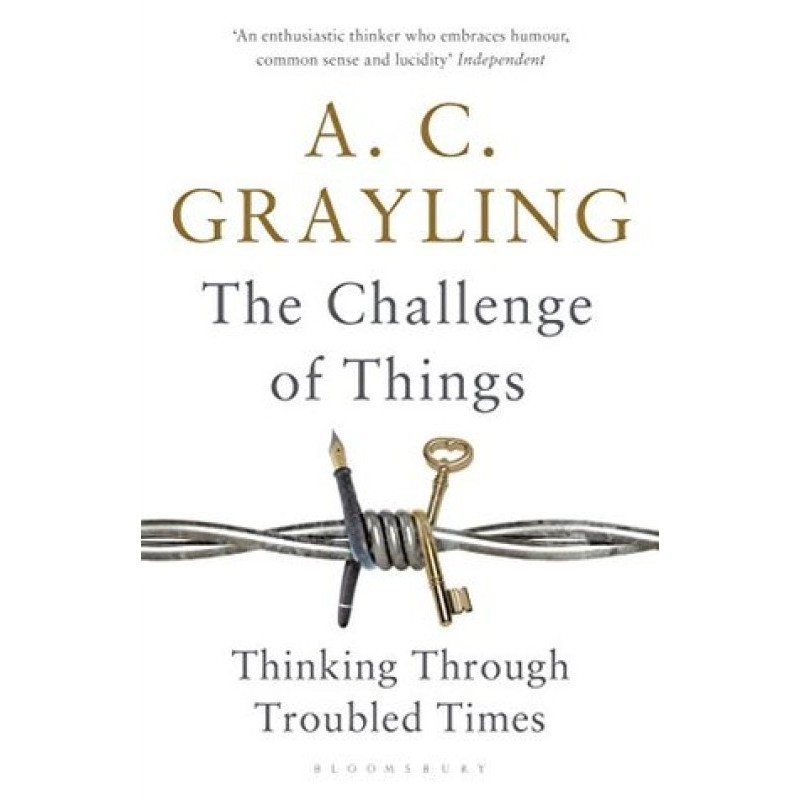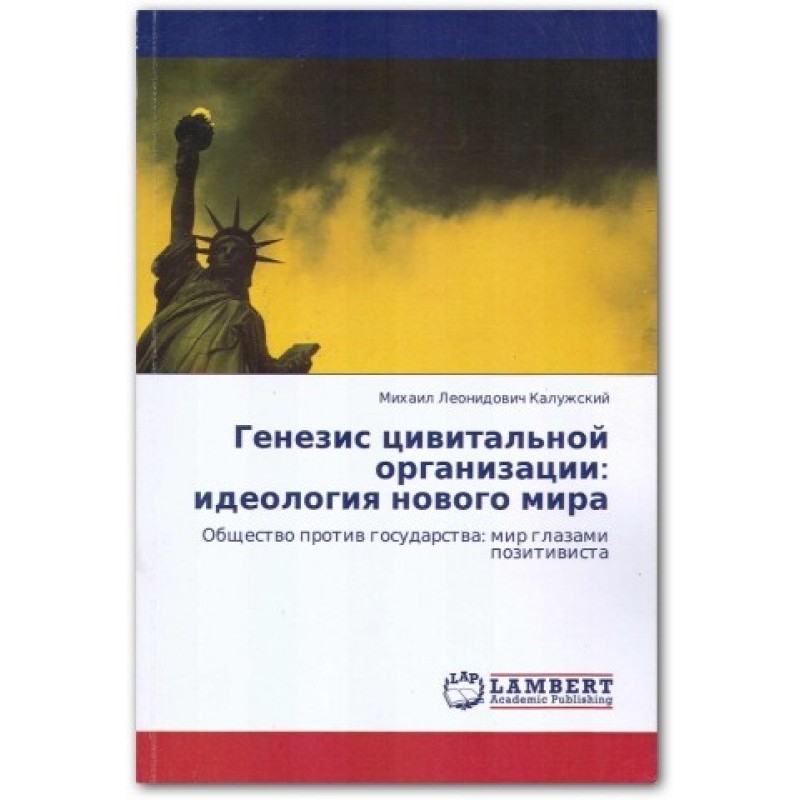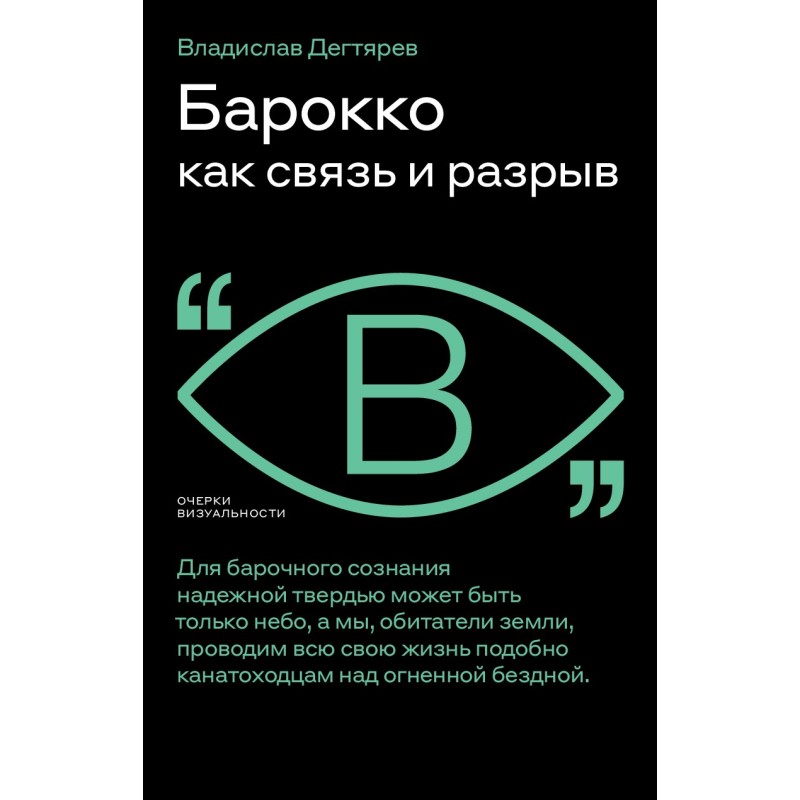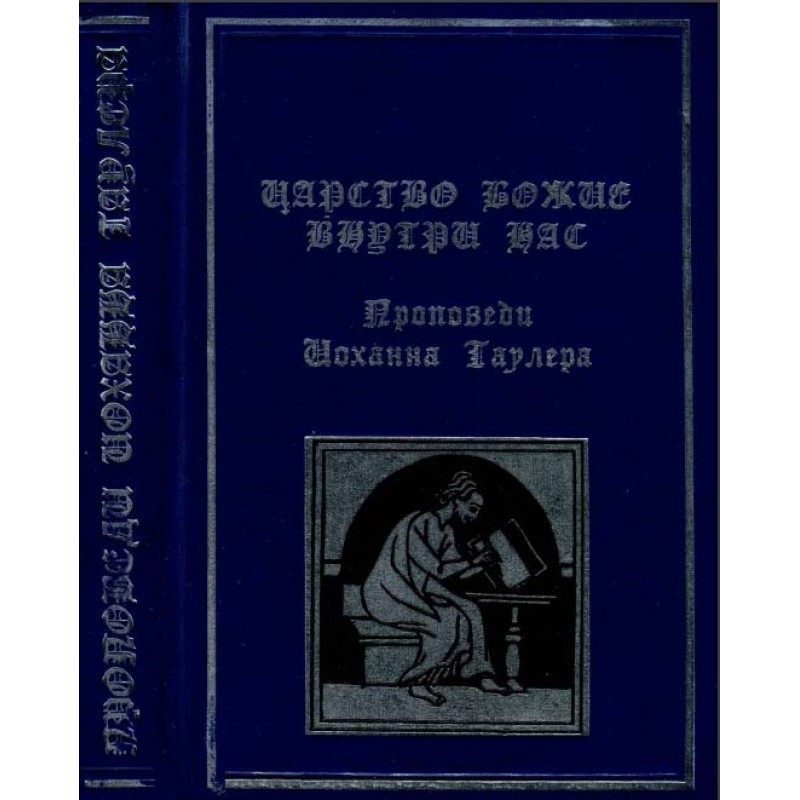Criticism of the Cynical Mind
 Instant download
Instant download
after payment (24/7)
 Wide range of formats
Wide range of formats
(for all gadgets)
 Full book
Full book
(including for Apple and Android)
Sloterdijk’s “Critique of Cynical Reason” is one of the most important works of Western philosophy of the second half of the twentieth century. Timed to coincide with the 200th anniversary of Immanuel Kant's Critique of Pure Reason, this explosive work, gushing with wit, created a real sensation in academic circles, forced a change in the view of the world around us and problems of morality. The dominant feature of modern culture, both at the personal and institutional levels , for Sloterdijk is cynicism - enlightened false consciousness. This consciousness learns the lessons of enlightenment, but is unwilling and unable to apply them in practice. Everyday “diffuse” cynicism consists in the fact that a person knows the best, but does the worst. Sloterdijk analyzes the situation of the spread of mass cynicism using the material of the political and cultural life of Germany during the Weimar Republic. Sloterdijk sees the possibility of overcoming cynicism in the revival of the tradition of cynicism from Diogenes to Schweik, in this “embodiment of resistance”, opposite to the modern concept of stability, oriented towards self-preservation and rationalization of capitalist culture.
Data sheet
- Name of the Author
- Петер Слотердайк
- Language
- Russian
- Translator
- Александр Владимирович Перцев

